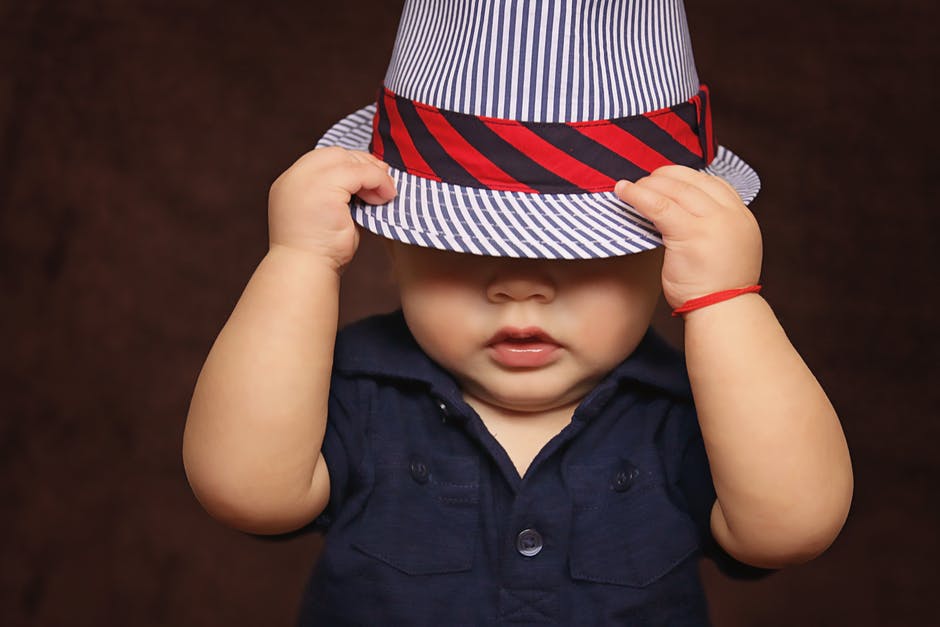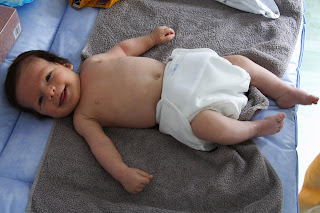Mastering the Potty Puzzle: Expert Tips on When to Start Potty Training for Optimal Success
Watch this WebMd video about when to potty train by Dr. Brazelton. He proposes that children are concerned with their BM (bowel movement, poop) up until their later ages. When I was a child, I don’t think I wondered where my BM went. I know that definitely by the age of thirteen, “where my BM went” was not the top question on my mind. What about you?
Cultural Differences for Potty Training
Dr. Brazelton addresses cultural differences in potty training techniques and how they are influenced by differences in cultural lifestyles. According to Dr. Brazelton, how parents potty train depend on their daily contact with their children. Some cultures have constant physical closeness while other cultures are not as present with their children due separation because of industrialized working environments. When do you feel the time is best for children—early potty training before one year of age or later potty training after one year of age? Please leave your thoughts in our comments. Click on the image below to watch Dr. Brazelton’s video interview.
For those considering early potty training, here are some helpful tips to ease the process:
1. Start by using cloth diapers, as this can help babies become more aware of wetness, making them more inclined to be changed consistently. This early awareness of wetness can help in the transition to using the potty.
2. Create a positive and engaging environment by offering toys and books during potty time. This can make sitting on the potty a more enjoyable experience for your child. Reserve special toys and books that are only used during potty time to keep their interest high.
3. Choose a potty that is suitable for your child’s size and easy to clean. A well-fitted potty, like the Baby Bjorn potty, can make the process more comfortable and convenient for both the child and caregiver.
4. While early potty training may seem daunting, remember that it requires commitment and patience. With consistent effort and a positive attitude, the process can be smoother than expected.
The link above will take you to a potty seat recommended. Please like, comment, and share this post with your friends.
When do you feel is the time to potty train? Hmmmm? 😉
Let us know in the comments. Thanks.



Potty training was fun, haha, okay I am just joking. I have three boys and a girl and I can tell you it was all the same with my boys – difficult. For some reason, they just hated the potty. I even bought the cute little cartoon potties. I started after one when they were far from their bottles and walking but I didn’t stick to it. I would feel bad for them and give up. So I would say by three is when they got potty trained. I think most get trained between two and three. Maybe because it is easier to communicate with them. What do you think?
Hi Melissa,
I have three boys and a girl, too. They are all grown up now. I think my youngest son was the fastest learner for potty training because he wanted to be like his brothers who were already 8 and 10 at the time. His sister was 6. I think peer pressure is what helped me with him the most. It took a while though for my other sons because they got easily distracted when they were 2 years old. One would look at picture books while on the potty. Even after my youngest son was potty trained, he would have an accident just because he didn’t want to stop playing to go. I think my sons were more into playing and had shorter attention spans. My daughter could stay still and focus on one task longer. It seems the attention span plays a major role with my children and it depends on what age they were able to focus longer. Each child develops along similar major developmental patterns but at different rates. You got it done, though Melissa, and that’s what counts. Thanks for sharing your potty training experience with us. Oh, what did you think about Dr. Brazelton’s suggestion to let them touch their BM?